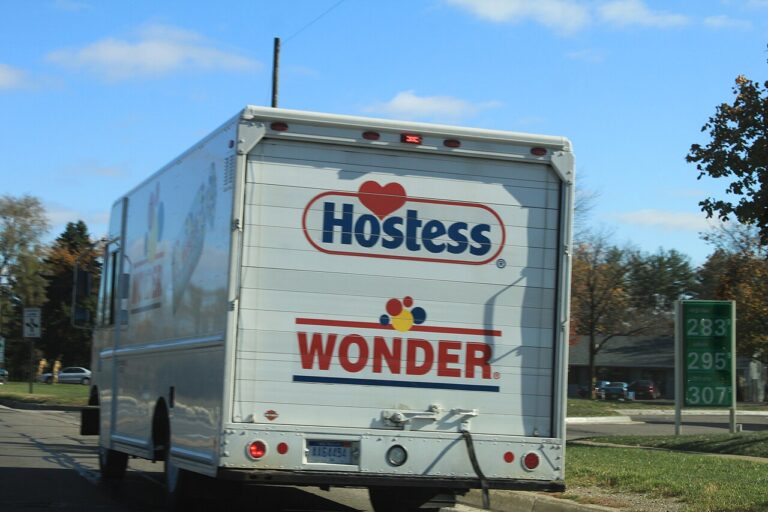Maddy Joseph is a student at Harvard Law School.
The Supreme Court decided yesterday to hear Janus v. AFSCME. The Court seems poised to hold that agency-fee agreements for public sector workers are unconstitutional. Since the order, reports and commentaries have analyzed Janus‘s threat to public sector workers, and its stakes for U.S. organized labor.
The Chicago Tribune explains that the case began when Illinois’ Republican Governor Bruce Rauner, a former private equity executive, attempted to stop the state from dispensing agency fees to unions, clashing with the state’s Attorney General. The Governor eventually filed the suit that would become Janus, asking a federal court to rule that his actions were valid and that fair-share agreements are unconstitutional. When Gov. Rauner was dropped from the case, Mark Janus and other state employees took over as plaintiffs. The Tribune also has an editorial that supports the union’s argument only on the “narrow” point that “[s]omeone who benefits from a union’s contract negotiations should pay for collective bargaining activities, if not for the union’s political activities.” It notes that an AFSCME loss in Janus would lead to a decline in union membership, like the decline seen “in Wisconsin, with Gov. Scott Walker leading the charge.”
Making the stakes concrete, the Washington Post gives the union membership statistics: “Union membership in the U.S. declined to just 10.7 percent of the workforce last year, and the ranks of private-sector unions have been especially hard hit. About half of all union members now work for federal, state and local governments.”
And The Atlantic recounts AFSCME’s predictions about who would pay fees under a public sector right-to-work regime: “only about a third of the workers they represent would pay fees ‘no matter what’ and . . . about half were on the fence about it. In other words, if given the option to leave the union and avoid paying dues, many could take it and still be supported by collective-bargaining efforts.” The article also nicely summarizes the Court’s recent “signal flares on Abood” in Knox and Harris.
The New York Times calls the period since the Court’s 4-4 deadlock in Friedrichs v. CTA “a brief reprieve for unions.” (Find our coverage of Friedrichs here.) According to the Times “[u]nion leaders reacted to the court’s decision to hear [Janus] with dismay bordering on alarm.”
At Slate, Mark Joseph Stern predicts that “while Janus will be a crushing blow to unions, it probably won’t be the last one dealt by the Supreme Court,” arguing that the First Amendment analysis used to reject agency-fee agreements in the public sector could easily be modified and extended to compel a right-to-work regime in the private sector. For a preview of Janus’s argument, see the cert petition.










Daily News & Commentary
Start your day with our roundup of the latest labor developments. See all
March 2
Block lays off over 4,000 workers; H-1B fee data is revealed.
March 1
The NLRB officially rescinds the Biden-era standard for determining joint-employer status; the DOL proposes a rule that would rescind the Biden-era standard for determining independent contractor status; and Walmart pays $100 million for deceiving delivery drivers regarding wages and tips.
February 27
The Ninth Circuit allows Trump to dismantle certain government unions based on national security concerns; and the DOL set to focus enforcement on firms with “outsized market power.”
February 26
Workplace AI regulations proposed in Michigan; en banc D.C. Circuit hears oral argument in CFPB case; white police officers sue Philadelphia over DEI policy.
February 25
OSHA workplace inspections significantly drop in 2025; the Court denies a petition for certiorari to review a Minnesota law banning mandatory anti-union meetings at work; and the Court declines two petitions to determine whether Air Force service members should receive backpay as a result of religious challenges to the now-revoked COVID-19 vaccine mandate.
February 24
In today’s news and commentary, the NLRB uses the Obama-era Browning-Ferris standard, a fired National Park ranger sues the Department of Interior and the National Park Service, the NLRB closes out Amazon’s labor dispute on Staten Island, and OIRA signals changes to the Biden-era independent contractor rule. The NLRB ruled that Browning-Ferris Industries jointly employed […]